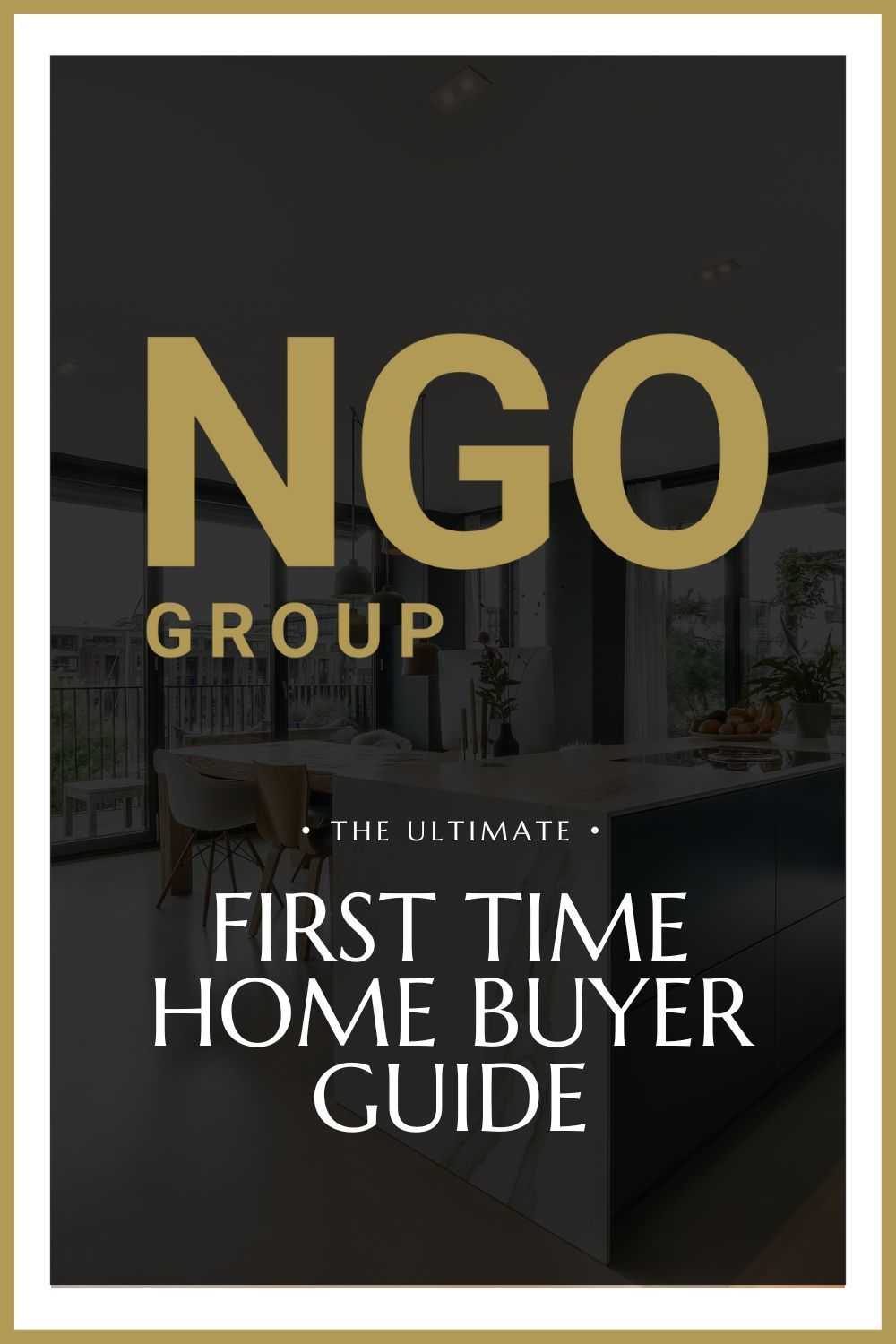Full Service Buying Service
Buying a Home?
Purchasing a home involves more than simply locating the perfect property. You require a knowledgeable expert who comprehends the local market and its distinctive obstacles. With our strategies, resources, and tools, we can skillfully lead you through the entire process from start to finish, making it a smooth and stress-free experience.
Luxe Presentation
To attract the attention and interest of more qualified buyers, eXp Luxury agents use premium imaging services including professional photography, videography, aerial imaging, 3D virtual reality, home staging and more.
Elegant and sophisticated materials are the hallmark of the eXp Luxury home marketing program, and they are put to use to showcase your home in the best possible light. From stunning twilight hour photos to dazzling aerial shots, your home is sure to command attention.

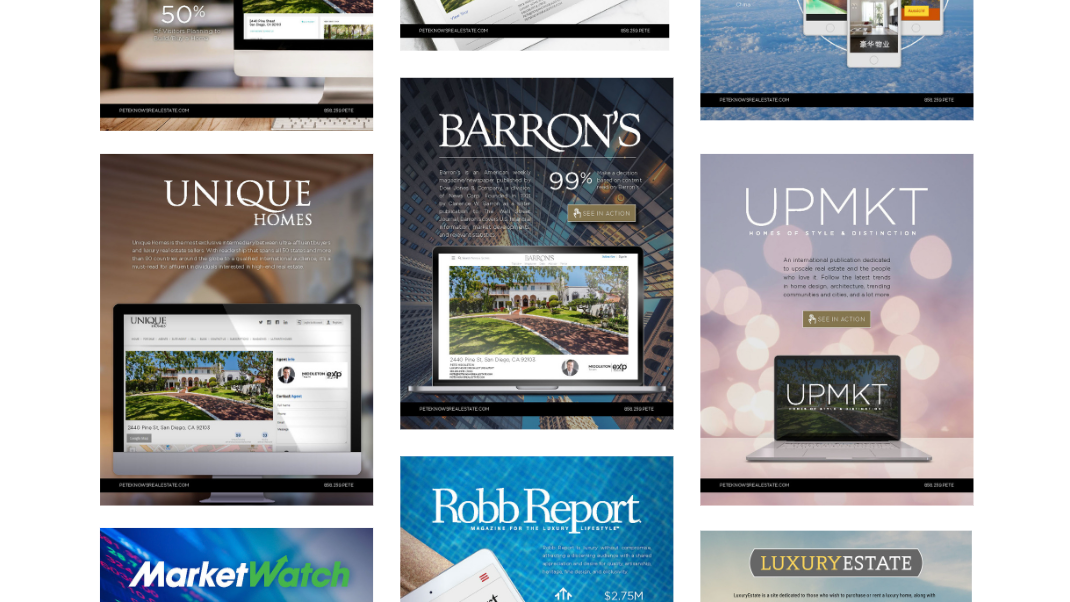
Elite Marketing
When you list with an eXp Luxury professional, your home is showcased to an affluent audience through prestige media brands like the Wall Street Journal, The Robb Report, Mansion Global, Unique Homes and many more. This means that your home will be exposed to a targeted demographic of potential buyers who are actively seeking high-end properties.
The broad reach of your home's marketing campaign ensures that your property will be seen by a vast audience, including international buyers. This increased exposure can help generate more interest in your property, leading to a faster sale at a higher price.
Global Exposure
With more than 85,000 agents in the United States, Canada, the United Kingdom, Australia, South Africa, India, Mexico, Portugal, France, Puerto Rico, Brazil, Italy, Hong Kong, Colombia, Spain, Israel, Panama and Germany, and continues to scale internationally.
Our unparalleled global reach means we connect with buyers and investors all around the globe to help drive top dollar results for our clients.


White Glove Service
Every client's needs are different, and we approach each sale with a bespoke strategy to deliver the best possible outcome based on your goals. With our agent's deep experience in complex, high stakes transactions on your side, you can feel confident in the results.
We take special care to ensure a discreet, private and secure experience for our clients from start to finish. We understand that selling a home can involve disruption and stress and our team works overtime to deliver a concierge experience with discretion and diligence.
RESOURCES
Download
Buyer Resources
Curated buyer resources to help guide you in purchasing your home.
Guide Download
Please try again later.
Working with Brian
Reviews
Buy with Brian
Start Your Home Search
The New York market is quickly becoming a fast-paced competitive market. Fueled by the ever increasing home prices in neighboring states and the continued growth of remote working options, the importance of having a local liaison and advisor of your sale or purchase is critical to furthering your investments.
Stay In The Know

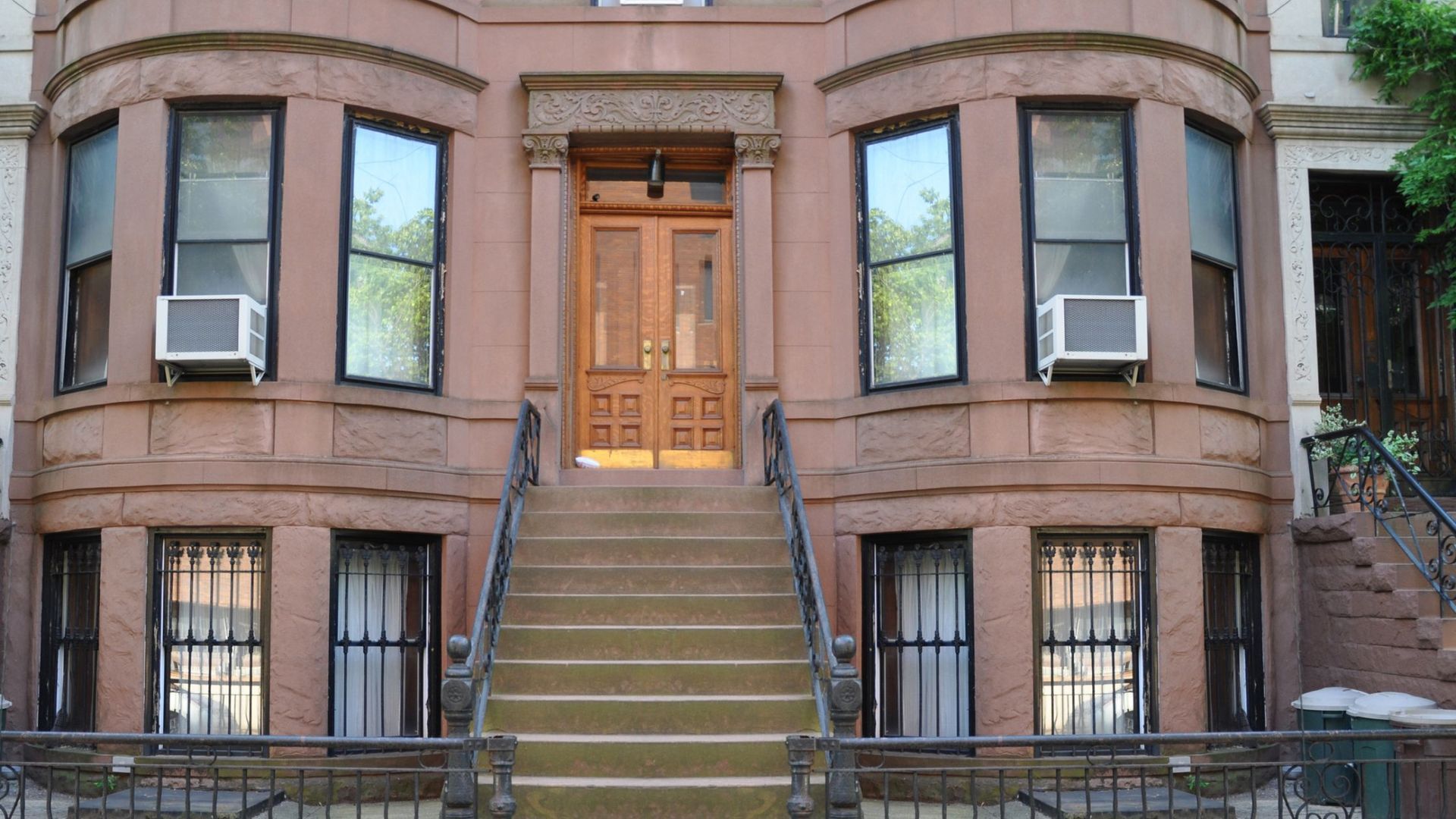

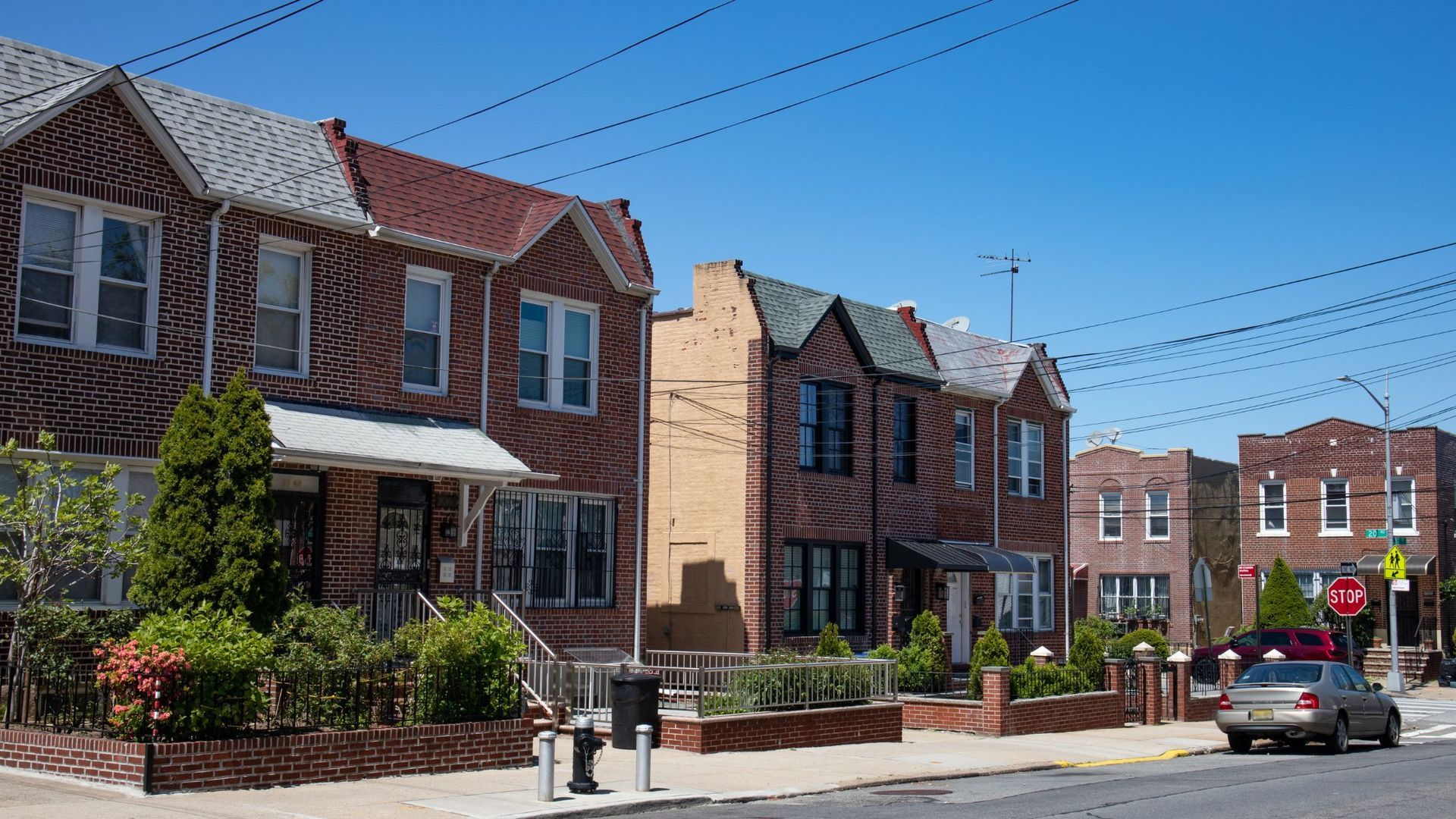


MENU
GET IN TOUCH
718-550-4976
bn@brianngonyc.com
2059 86th St, Brooklyn, NY 11214, United States of America
License # 10401216039
STAY CONNECTED
Join our newsletter and find out more
Contact Us
We will get back to you as soon as possible
Please try again later
All information provided is deemed reliable but is not guaranteed and should be independently verified. This website and its affiliates make no representation, warranty or guarantee as to accuracy of any information contained on this website. You should consult your advisors for an independent verification of any properties or legal advice.

